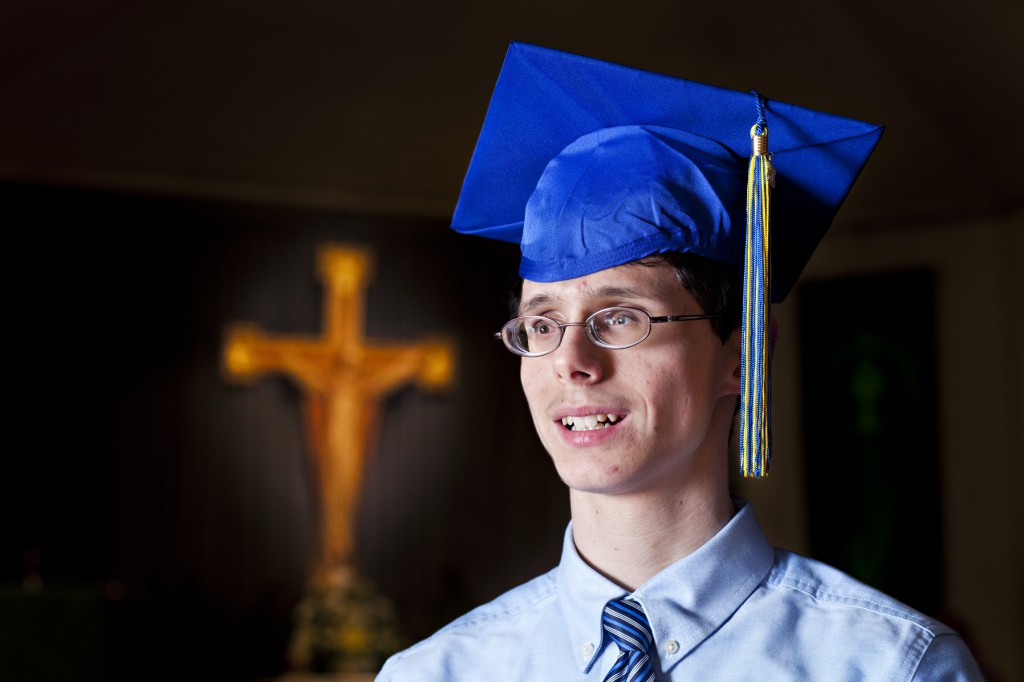
By Carol Glatz
While the medical world makes technological advancements, it must not forget the power of love and affection in helping those with autism and their families, said Archbishop Zygmunt Zimowski.
“Faced with the problems and difficulties that these children and their parents encounter, the church proposes, with humility, an approach of service to one’s suffering brethren, accompanying them with compassion and tenderness,” he said. Parishes, Catholic associations, lay movements and people of good will can all work together in providing such forms of service, he said.
The archbishop, president of the Pontifical Council for Health Care Ministry, made his comments in a written message marking World Autism Awareness Day April 2.
The stereotypes associated with those diagnosed with autism require “profound revision,” he said. Sometimes just the word — autism — “still generates fear today” even in cultures that have begun to accept many kinds of disabilities, the archbishop said in his message.
Social stigmas already isolate people who are ill or disabled, making them feel irrelevant or alien to the rest of the community, he said.
The solitude and loneliness evident in the larger culture are also becoming “ever more present in modern health care,” too, he said.
Health care in developed countries, while “perfect in its technical aspects,” he said, is “increasingly deprived of and not attentive to the affective dimension, which instead should be the defining aspect of every therapeutic action or approach.”
Heath care workers need to avoid making a patient “feel like a number” and instead concretely convey through their actions, attitudes and words an affection and closeness to the patient and his or her family while never losing sight of the whole person and his or her dignity, the archbishop said.
“No procedure, no matter how perfect it may be, can be effective if it is deprived of the ‘salt’ of love,” he said.
Bringing joy and peace to patients and their families, as well as effective care, “is the best outcome that will enrich all of us,” he said.
Society and the local church need to look at ways they can welcome autistic children and help these young people contribute to social, educational, catechetical and liturgical activities in a way that corresponds to each individual’s unique capabilities, he added. – CNS